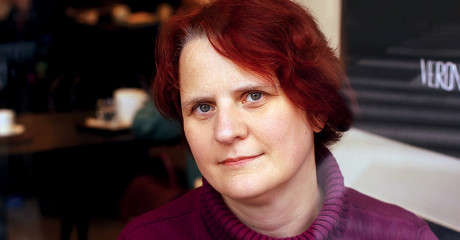Týdeník ECHO – rozhovor D. Kaisera se Z. Krátkou

Mírným pohledem shlíží na čtenáře z obálky nového čísla Týdeníku Echo imunoložka Zuzana Krátká. Věcně, klidně a srozumitelně hovoří s Danielem Kaiserem o aktuální situaci, kdy zase vyskočila čísla v souvislosti s chorobou covid-19.
„Co byste dělala vy, kdybyste určovala zdravotní politiku státu?“ ptá se imunoložky Zuzany Krátké Daniel Kaiser. A dostává tuto odpověď: „Okamžitě bych přestala strašit lidi. Co teď probíhá v televizi a v médiích, je naprosto neomluvitelné a jen to vypovídá o charakteru zadavatelů reklamy. Reklama děsí neočkované i očkované, děti, mladé lidi i seniory. Informace musíme poskytovat nejen o tom, proč je třeba očkování, ale hlavně vysvětlujme, jak si hlídat zdravotní stav, jak se zdárně léčit, kdy jít do nemocnice. Změnila bych cílové skupiny na testy. ECDC doporučuje hlavně testovat klinicky nemocné a pak rizikové skupiny. Tedy hospitalizované pacienty, neočkované i očkované. Totéž ve školách – pokud testovat, tak vždycky jenom ve chvíli, kdy máte ohnisko…“
